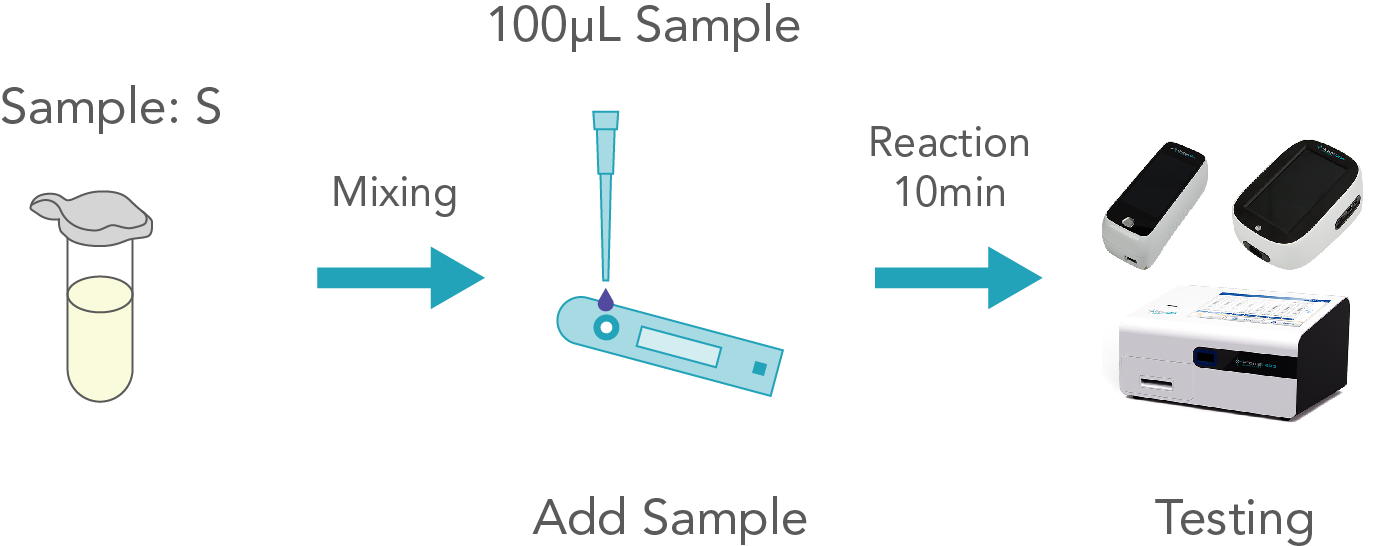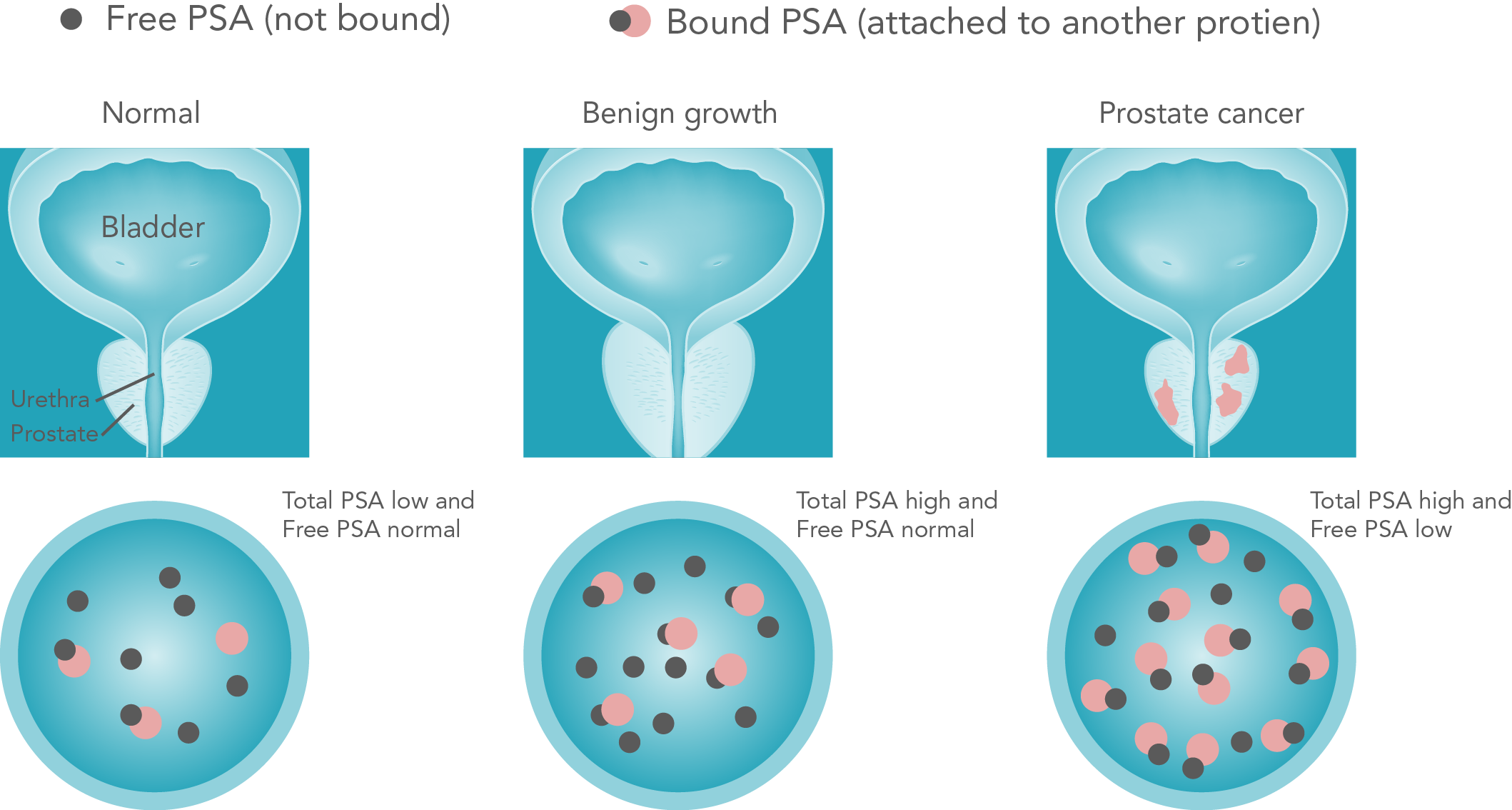BackDuration: 10 minutes
Screen for prostate cancer
Clinical significance of test
A prostate-specific antigen (PSA) is a substance produced by cells of the prostate gland. The prostate is a small gland that is part of a man’s reproductive system. Men normally have low PSA levels in their blood. A high PSA level may be a sign of prostate cancer, the most common non-skin cancer affecting American men. High PSA levels can also mean noncancerous prostate conditions, such as infection or benign prostatic hyperplasia.
Steps of operation
Clinical application
- Screen for prostate carcinoma in men over age 50
- In addition to screening, PSA is measured to evaluate the success of treatment and progression of disease when a known prostate carcinoma is present
- If the concentration of PSA does not decrease or increases again after surgery, tumor metastasis or recurrence should be considered
Interpretation of results
Contact us


